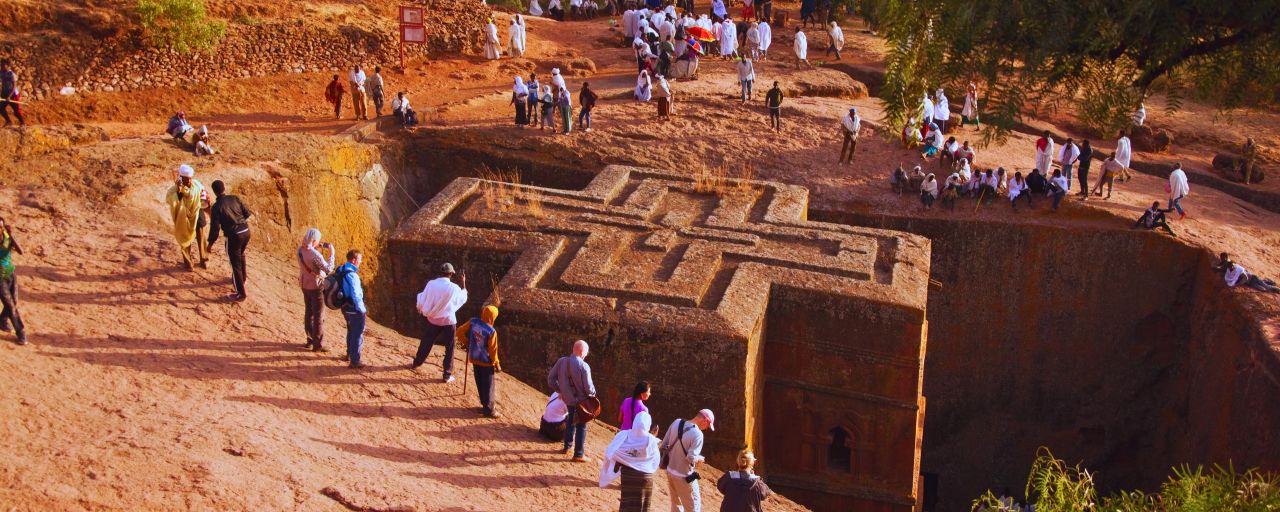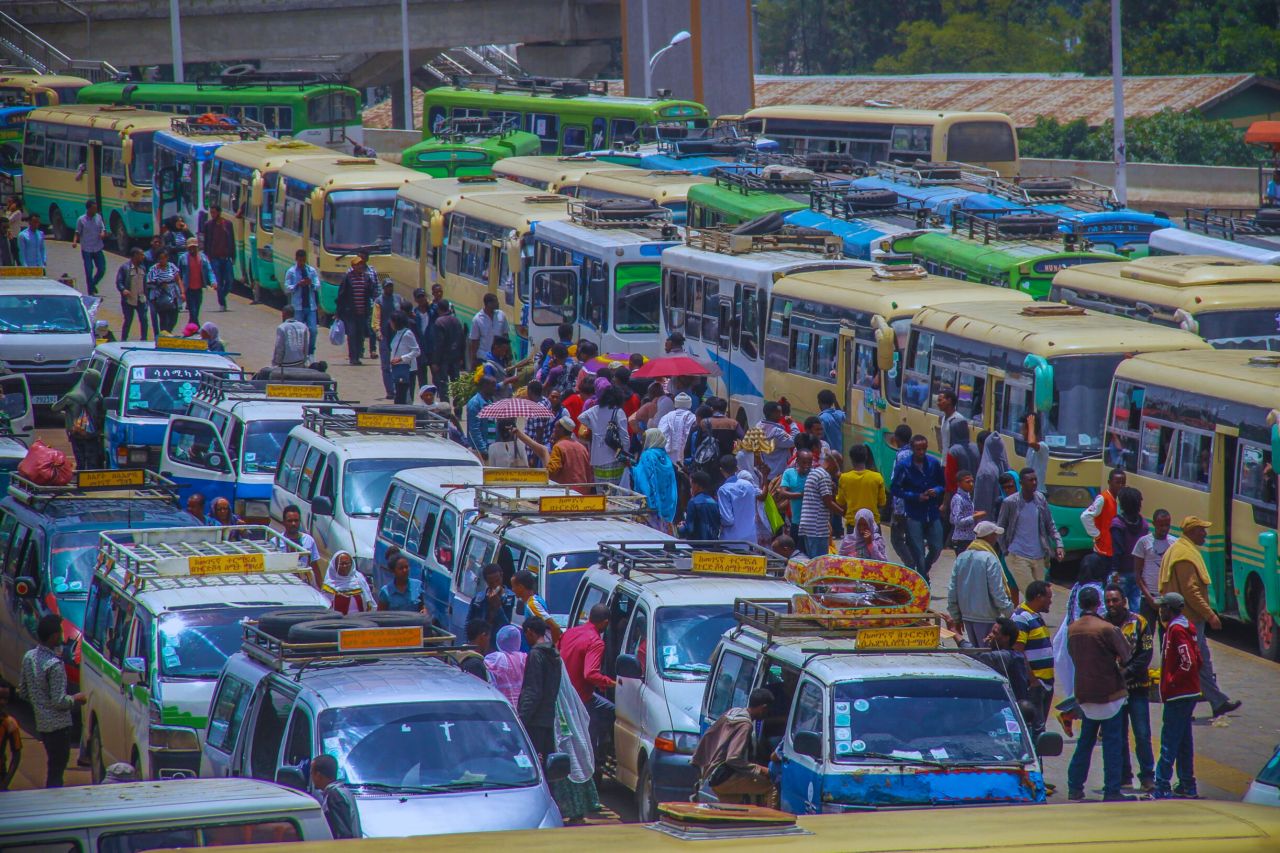Welcome to Ethiopia, a country rich in cultural heritage and breathtaking landscapes. However, amidst its beauty, tourists often encounter various challenges that can impact their travel experiences. In this article, we will explore the significant obstacles faced by tourists in Ethiopia and shed light on how to navigate them effectively.

From language barriers to transportation issues, we will delve into the intricacies of these challenges and provide insights to help you make the most of your visit to this remarkable country. Join us as we uncover the unique hurdles that await travelers in Ethiopia and discover how to overcome them with confidence.
Shortage of tourist facilities
The shortage of tourist facilities in certain regions of Ethiopia can present challenges for travellers. However, by planning ahead, maintaining flexibility, seeking local recommendations, practising patience and adaptability, and supporting local communities, tourists can navigate these challenges and have a meaningful and memorable visit to Ethiopia.
Infrastructure Limitations
Ethiopia's infrastructure, particularly in remote areas, may be limited or underdeveloped. This can affect the quality of roads, public transportation, and access to basic amenities. Tourists should be prepared for potential road conditions, power outages, and limited facilities in some regions.
Cultural Differences
Ethiopia is a culturally diverse country with numerous ethnic groups and traditions. Tourists may encounter cultural differences that require respect and sensitivity. It is important to familiarise oneself with local customs, traditions, and etiquette to avoid inadvertently causing offence and to foster positive interactions with locals.
Health Risks
Like many other destinations, Ethiopia has its health risks that tourists should be aware of. Malaria, yellow fever, and other tropical diseases are prevalent in certain areas. It is advisable to consult with a healthcare professional or travel medicine clinic prior to visiting Ethiopia to receive necessary vaccinations and take appropriate preventive measures.
Transportation Difficulties
Transportation in Ethiopia can be challenging, especially in remote areas. Public transportation options may be limited, and road conditions may be poor. It is advisable to plan transportation in advance, consider hiring a local driver or guide, and be prepared for long travel times and potential delays.

Communication Barriers
While English is widely spoken in major cities and tourist areas, there may still be communication barriers in more remote regions. Local languages such as Amharic and regional dialects are predominant. Learning a few basic phrases in the local language can help facilitate communication and show respect for the local culture.
Visa Requirements
Tourists visiting Ethiopia are required to obtain a visa in advance, either through an embassy or online application. It is important to research and understand the specific visa requirements and allow sufficient time for the application process to avoid any delays or complications upon arrival.
FAQ
Q: What is the safety situation for tourists in Ethiopia?
A: Ethiopia is generally a safe country for tourists, but as with any travel, it's recommended to exercise common sense, especially in crowded areas and at night. There have been occasional civil unrest and regional conflicts, so always check for updated travel advisories before your trip.
Q: Is communication a challenge for English-speaking tourists?
A: Amharic is the official language of Ethiopia, and while English is taught in schools, proficiency can vary especially in rural areas. It's beneficial to learn some basic Amharic phrases or travel with a guide who can interpret.
Q: How reliable is the infrastructure for travel within the country?
A: The infrastructure in Ethiopia is improving, but can still present challenges. Roads can be in poor condition, especially in rural areas, and public transportation is not always reliable or comfortable. Domestic flights can be a faster, albeit more expensive, option.
Q: What are the health concerns for tourists in Ethiopia?
A: Visitors are advised to be up to date with routine vaccines, as well as vaccines for diseases like typhoid and hepatitis A. Malaria is also a risk in some parts of the country. It's important to only drink bottled or purified water, and to be cautious with street food.
Q: Are there cultural sensitivities I should be aware of?
A: Ethiopia is a culturally diverse and largely religious country, and it's important to be respectful of local customs and traditions. This might include dressing modestly, especially in religious sites, and observing local norms around interaction between men and women.
Q: What about the challenges of altitude sickness in Ethiopia?
A: Some tourist destinations in Ethiopia are at high altitudes, such as Lalibela or the Simien Mountains. Visitors may experience symptoms of altitude sickness. It's recommended to acclimatize slowly and stay hydrated.
Q: Is it challenging to obtain a visa for Ethiopia?
A: Ethiopia offered e-visas to many nationalities, which can be obtained online. However, requirements and processes may have changed, so it's best to check the current situation before planning your trip.
Q: How accessible are internet and telecommunication services in Ethiopia?
A: Internet and mobile services are available in major cities, but may be unreliable or nonexistent in rural areas. It may be useful to purchase a local SIM card for your trip.
Applying for an Ethiopia eVisa
- Step 1: Complete the online application by providing your personal details and passport information.
- Step 2: Make an online payment securely using your credit card.
- Step 3: Check your email for the confirmation of payment and the receipt of your Ethiopia eVisa, which will be delivered electronically.
